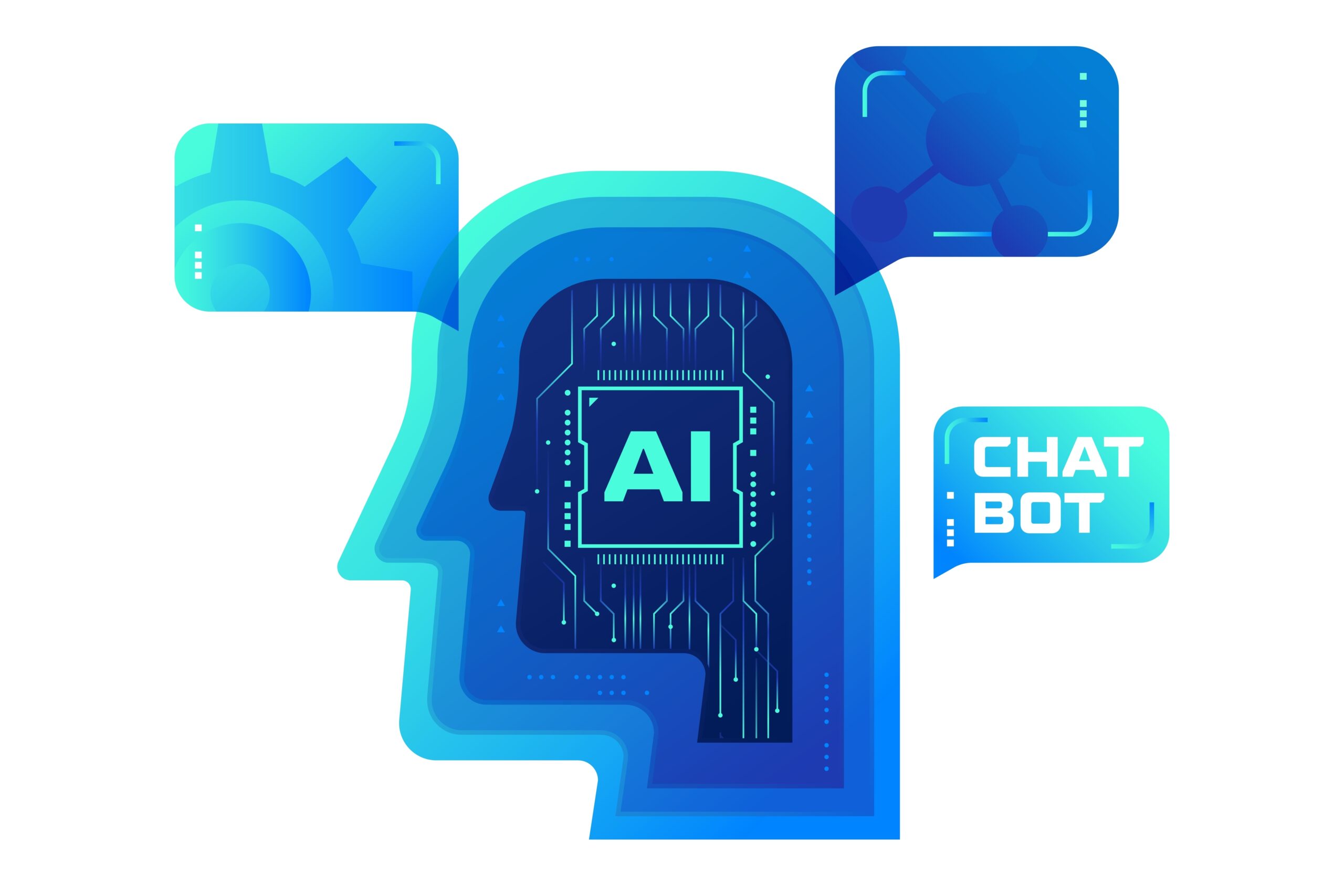
Current artificial intelligence (AI) platforms ChatGPT and Google’s Bard are not yet a viable source of health-related information for Crohn disease, ulcerative colitis, and colorectal cancer, according to a study to be presented at Digestive Disease Week 2024, taking place May 18-21 in Washington, DC.
To conduct this study, researchers generated 10 questions related to the social, psychological, economic, and physical aspects of the diseases. Each query addressed the 3 diseases, resulting in 30 total questions, which were posed to 2 separate AI models. Subsequently, they regenerated the responses 3 times, resulting in 90 generated responses per AI model. These AI responses were evaluated by 6 gastroenterologists for accuracy. The researchers noted that sets were deemed inappropriate if any of the 3 responses contained inaccurate or misleading information, based on clinical judgment.
The analysis found that of 60 questions posed to the 2 different AI language models, 45% of responses were found to be inaccurate. Just over 43.0% of ChatGPT’s responses and 46.7% of Bard’s were deemed accurate.
“While ChatGPT and Google’s Bard platform can serve as valuable resources for information retrieval, they possess certain limitations when it comes to health-related information for Crohn disease, ulcerative colitis, and colorectal cancer. Importantly, both AI models in the study provided inappropriate responses to common patient questions regarding these conditions,” the researchers concluded. They caution that medical professionals “should be aware of these limitations, as they may lead to the spread of misinformation in populations with limited access to health care.”







 © 2025 Mashup Media, LLC, a Formedics Property. All Rights Reserved.
© 2025 Mashup Media, LLC, a Formedics Property. All Rights Reserved.